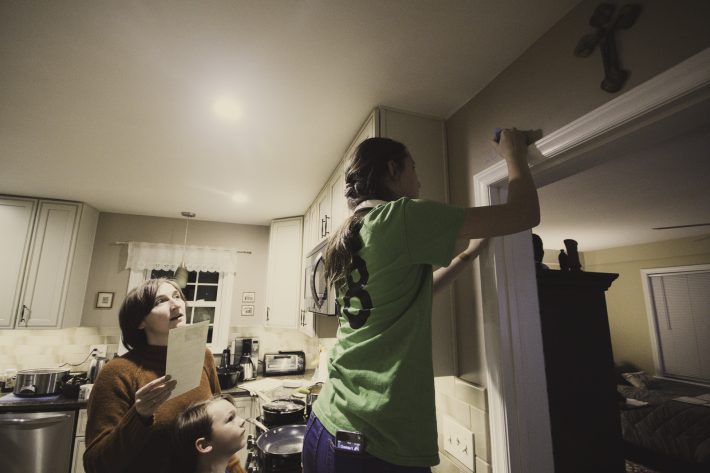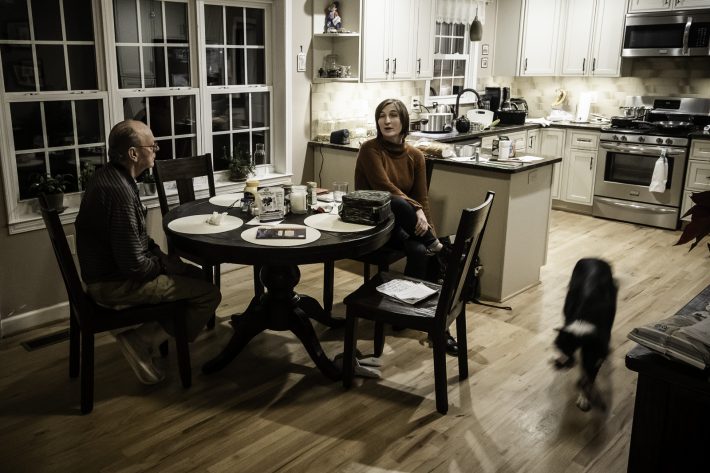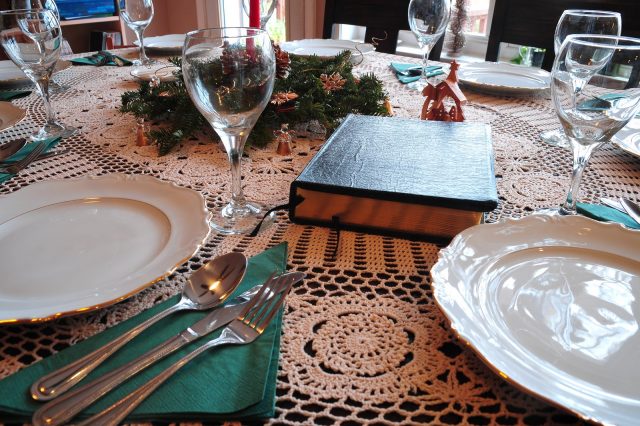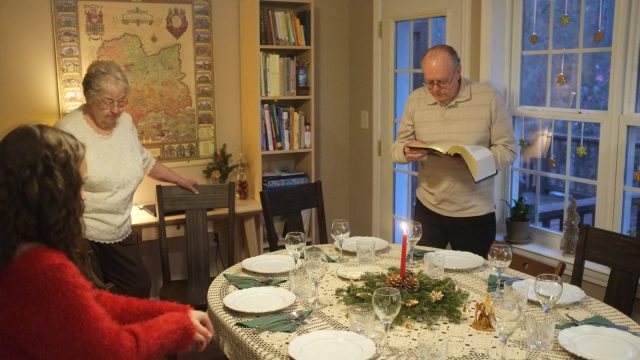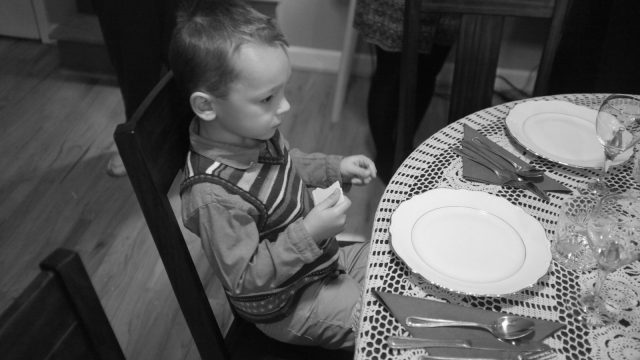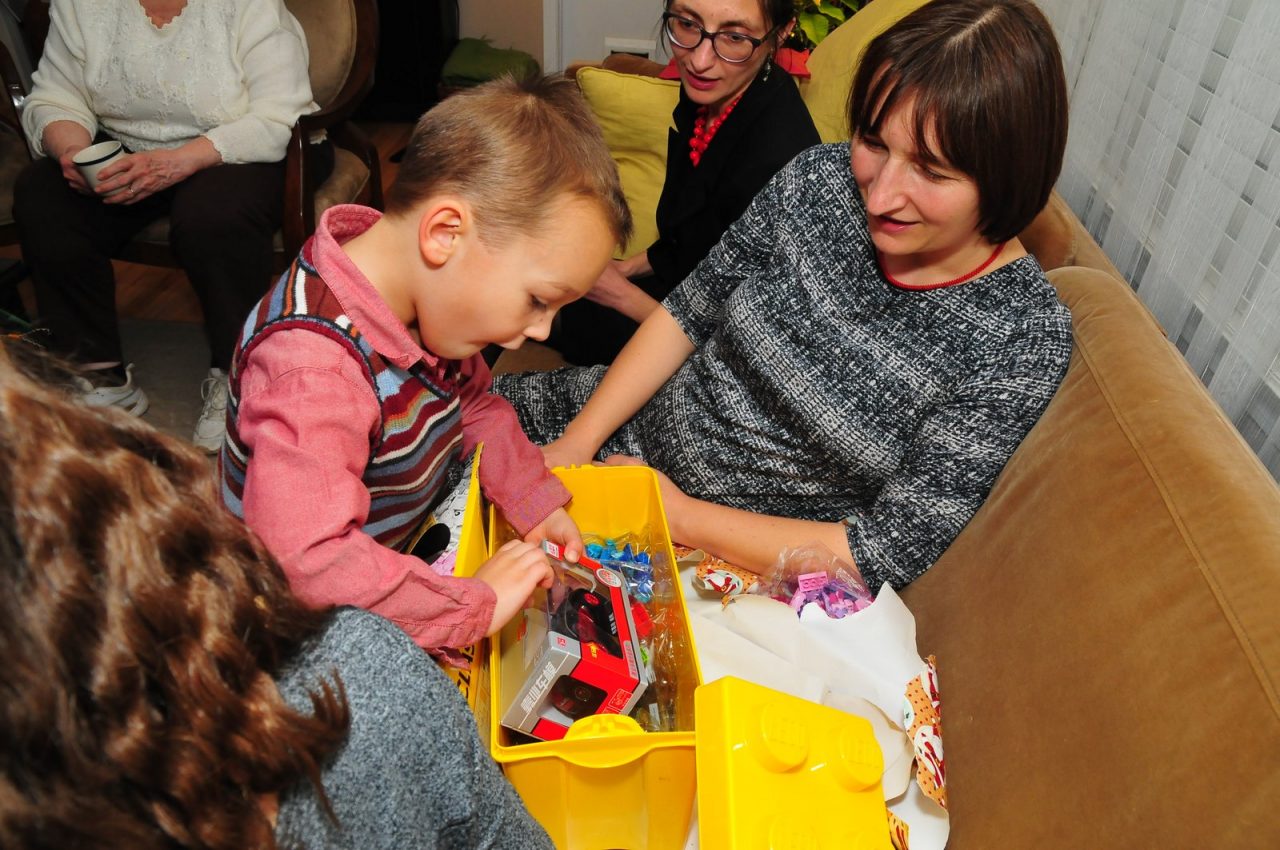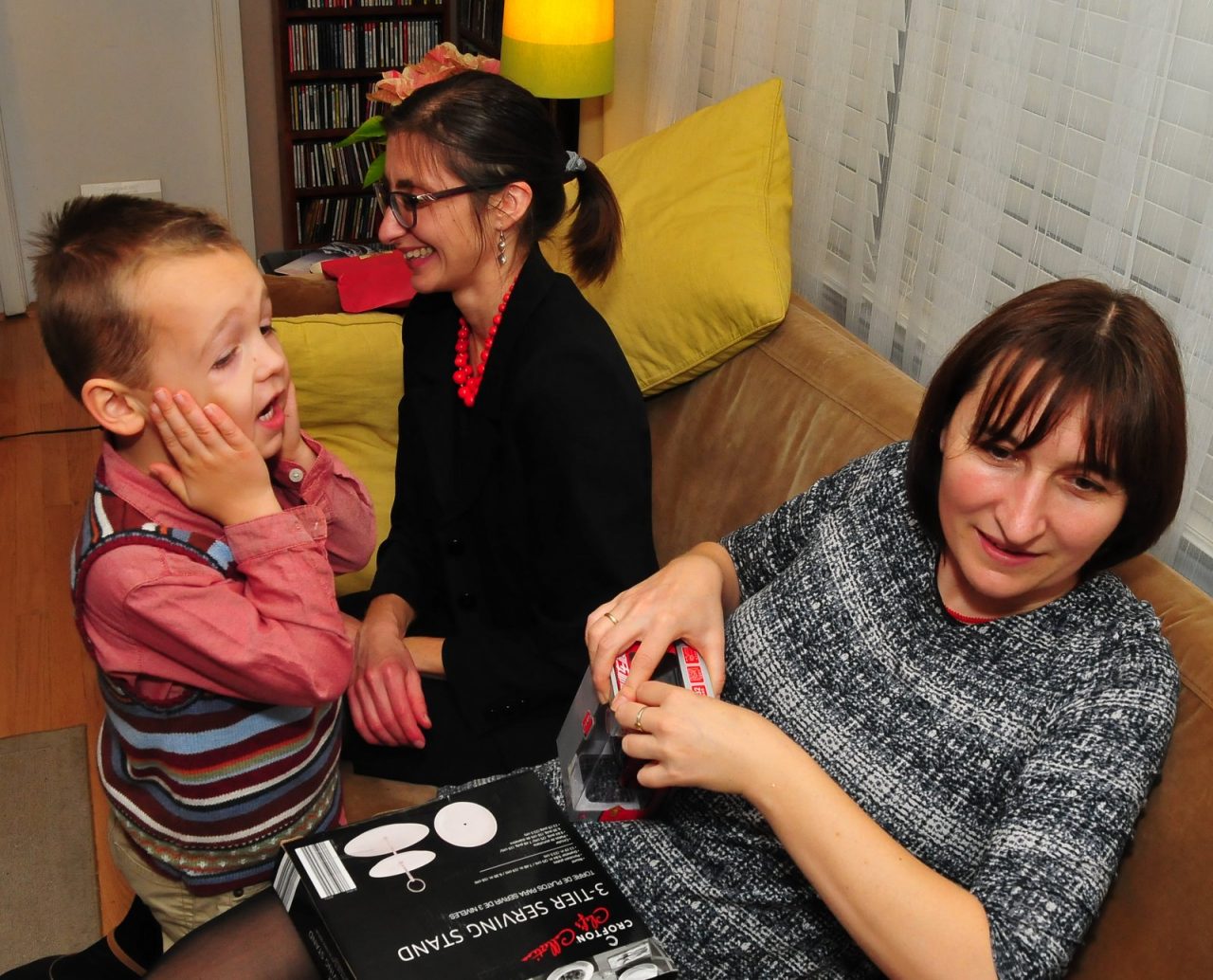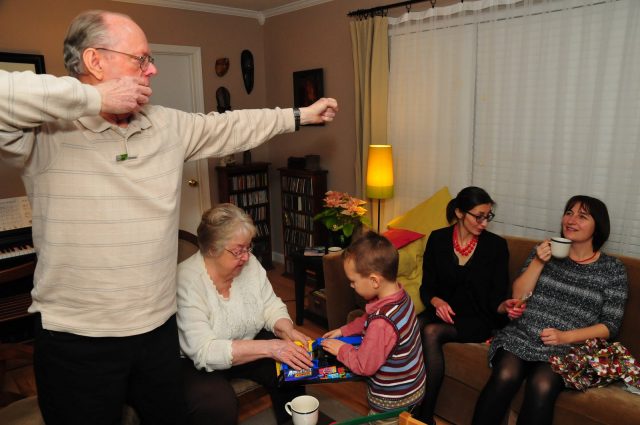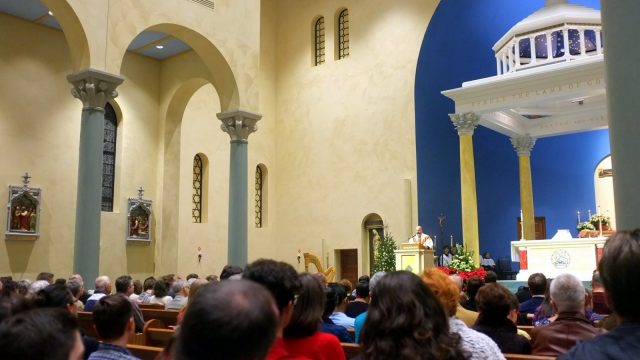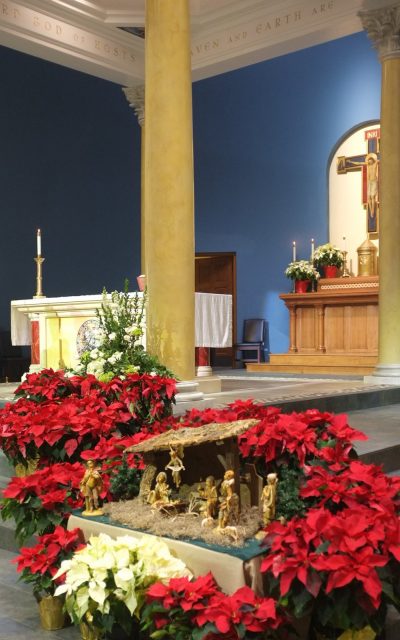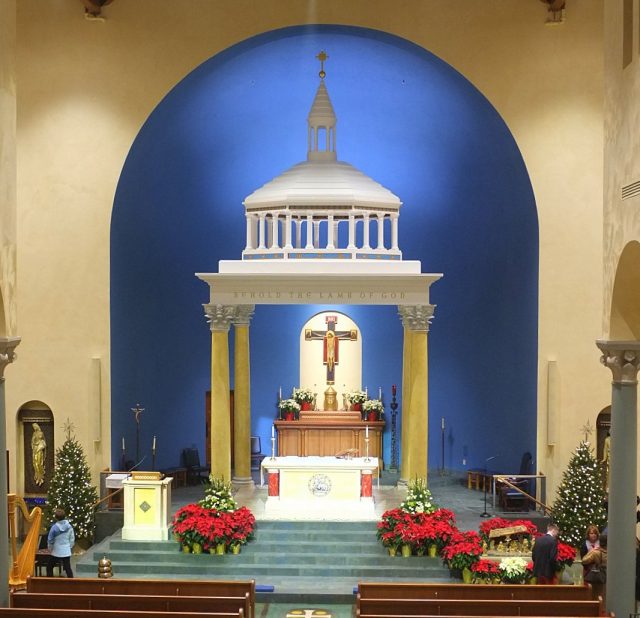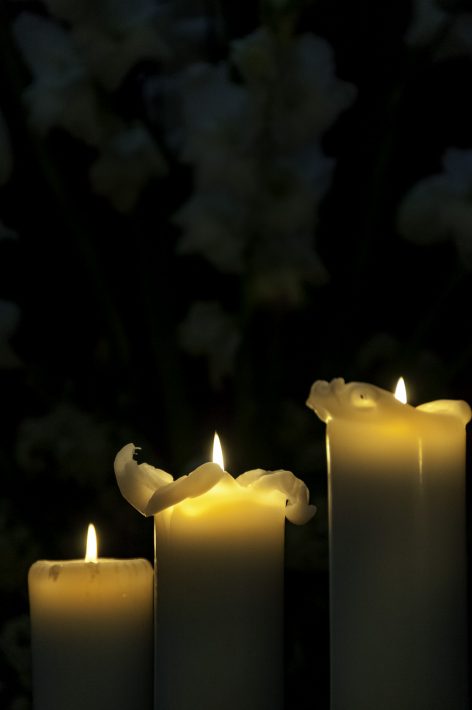With the diocese of Charleston making the decision to close all churches in the current emergency, today had a different feel from most Sundays and a somewhat different feel from the previous six days.

Previous six days? Has this only been going on a week? It was indeed a week ago that we learned the governor of South Carolina was closing all schools for the rest of the month, but I swear it feels like that was weeks ago. I know it’s been going on for several months now with the original outbreak in China, and while I’m tempted to go on a rant here about how much time we wasted between that initial outbreak in China and even a week ago when everything started shutting down all because our narcissistic shallow president views everything as if it’s about him and went so far as to call the pandemic a hoax at one of his rallies and still behaves as if this will all blow over because he’s now taking it seriously and pretending to put some resources into it — no, I’ll resist that urge and simply point out that it feels like it’s been longer than a week.

First, there was no church — no Mass at a church, that is. Second, there was church — something like it, a series of readings and a recorded homily that Kinga, the kids, and Papa did while I was out taking the dog for a walk. It just didn’t feel like a Sunday.

Is it possible that someone could look at this and understand how much exponentially worse it could get with a different virus with, say, a 60% death rate and understand that something like that could very well lurking in our future and still, understanding that a belief in God would necessitate an acceptance that God would have also created such a virus, it would have been in his plan, part of his mysterious ways — could someone hold all this in their head and still believe in a benevolent god? Thinking how relatively mild this is compared to what could be or even has been makes it all but impossible for me.

Another change: we got a new hot water heater installed today. We’ve been wanting to do it for some time, and I’ve had a feeling that our old heater was going to malfunction any day. The guys who did the installation for us — the guys who did the renovation of the carport, turning it into Papa’s room — were going to come next week, but with so much uncertainty, they decided to come today. We’re expecting a significant drop in our power bill as this was our last power-hungry appliance/system in our house. Changing the HVAC system cut our power bill by 30-50% (depending on the usage); this change should result in additional significant savings considering the heater dates from 1992 — the year after I graduated from high school.
Why am I so negative about all this? Why do I see only gray to any silver lining? It’s my eternal battle.
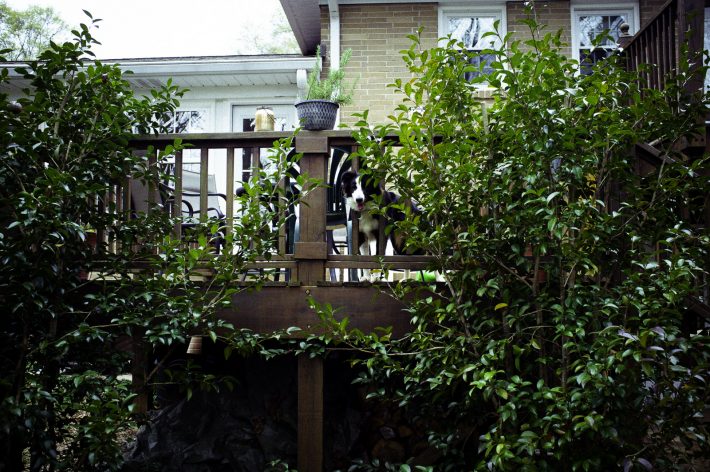
In the afternoon, the kids and I went out in the backyard to — guess — shoot. The dog does not like when we shoot as she gets stuck up on the deck for her own good…
E and I have figured out that if we fire toward something a little bit darker than the surrounding area, we can actually follow the flight of the bb, so we’ve taken to firing into the forest behind our neighbor’s house on occasion. We’ve also been trying to shoot from various positions in the yard, all of them significantly farther away from where we normally shoot. And we still take shots at the dog’s fetch ball because, well, why not?

After shooting, the Girl decided to bake a cake. The aesthetics were something like I would produce, but that comes with time. The taste is all that matters, and I think we all agreed: it was delicious.
Random day, random thoughts.
